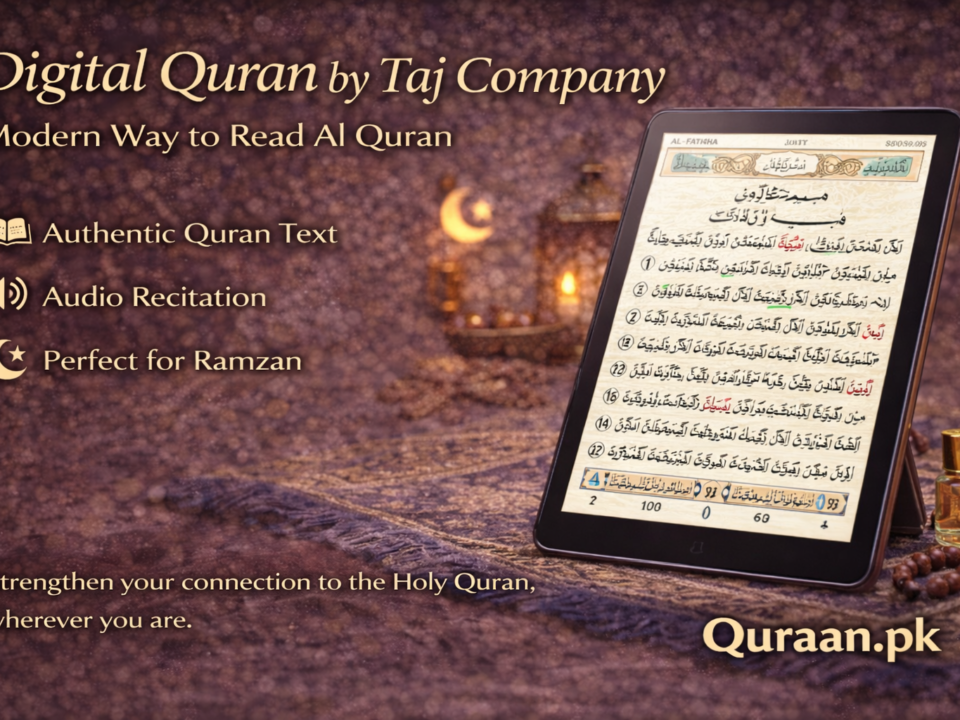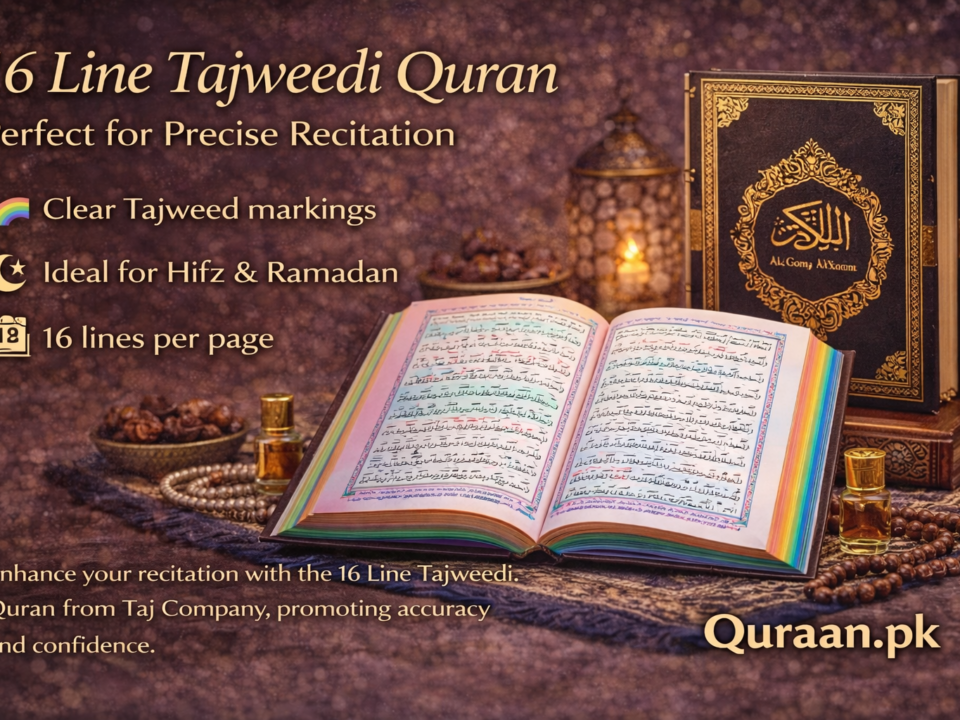Ramzan aur Sadqa – Gareebon ka Haq Ada Karna
Introduction
Ramzan is not only the month of fasting but also the month of giving, kindness, and generosity. Allah ﷻ has made it clear in the Qur’an that helping the poor and needy is a major part of a believer’s faith. Sadqa in Ramadan holds special significance because it combines the reward of charity with the blessings of fasting. The Prophet Muhammad ﷺ emphasized that “The best charity is that given in Ramadan.”
In this article, we will discuss the importance of Sadqa, its virtues, the difference between Zakat and Sadqa, and why fulfilling the rights of the poor is a religious and moral obligation.

Importance of Sadqa in Ramadan
Sadqa as an Act of Worship
Sadqa is not just financial help; it is a form of worship. Every good deed, whether giving food, helping someone, or speaking kindly, is considered Sadqa. In Ramadan, these deeds multiply in reward.
The Prophet ﷺ said: “Every act of kindness is charity.” (Sahih Muslim). This highlights that Sadqa is for everyone, rich or poor, in small or big ways.
Spiritual Benefits
- Cleanses wealth and heart from greed.
- Brings barakah (blessing) in life.
- Protects from calamities and hardships.
- Helps the believer draw closer to Allah.
Social Impact
Sadqa in Ramadan helps balance society. When wealthy Muslims give Sadqa, the poor are relieved of hunger and distress, and the community strengthens with brotherhood.
Difference Between Zakat and Sadqa
Many people confuse Zakat with Sadqa, but Islam defines both differently:
- Zakat is obligatory (farz). Every eligible Muslim must give 2.5% of their savings once a year. It purifies wealth and is one of the five pillars of Islam.
- Sadqa is voluntary. It can be given anytime, in any amount, and in any form—money, food, clothes, or even kind actions.
Why Both Are Necessary
Zakat ensures justice by redistributing wealth. Sadqa adds to the spirit of generosity, going beyond obligation. Together, they create a balanced society where no one is left hungry or abandoned.
Rights of the Poor in Islam
Islam clearly states that the poor have a right in the wealth of the rich. Allah ﷻ says in the Qur’an:
“And in their wealth, there is a known right for the beggar and the deprived.” (Surah Adh-Dhariyat 51:19).
This verse proves that giving to the poor is not just kindness but their haq (right). Ignoring this right is a form of injustice.
Examples from Early Muslims
- Hazrat Abu Bakr (RA) and Hazrat Uthman (RA) were known for giving huge amounts in charity.
- The Prophet ﷺ himself would never let a day in Ramadan pass without helping the needy.
Sunnah Teachings About Charity
The Sunnah of Giving Iftar
The Prophet ﷺ said: “Whoever provides Iftar to a fasting person, he will have a reward like his, without reducing the reward of the fasting person.” (Tirmidhi).
This Sunnah highlights that giving food in Ramadan is one of the greatest forms of Sadqa.
The Sunnah of Continuous Giving
Sadqa should not be limited to money. It includes:
- Smiling at others.
- Helping someone carry their belongings.
- Feeding animals.
- Planting trees.
Even these small acts, when done with sincerity, count as Sadqa.
Virtues of Helping the Needy
Protection from Calamities
The Prophet ﷺ said: “Give charity without delay, for it stands in the way of calamity.” (Tirmidhi). Sadqa is like a shield against sudden hardships.
Forgiveness of Sins
Sadqa extinguishes sins like water extinguishes fire. In Ramadan, this benefit is multiplied.
Continuous Reward (Sadaqah Jariyah)
Helping someone in a lasting way—like building a well, funding Islamic education, or distributing Qurans—continues to bring reward even after death.
How to Give Sadqa Properly
With Sincerity
Sadqa must be given only for Allah’s pleasure, not for showing off.
To Those in Real Need
Identify those who truly need help: widows, orphans, daily wage earners, and refugees.
Quietly and Respectfully
The Qur’an praises those who give in secret:
“If you give charity openly it is good, but if you give it secretly to the poor, it is better for you.” (Surah Al-Baqarah 2:271).
Through Authentic Sources
Sadqa can also be given by supporting Islamic publishers and organizations like Taj Company through Quraan.pk, which spreads Qurans, Tafseer, and Islamic knowledge.
Spiritual and Social Benefits of Sadqa in Ramadan
- Strengthens Iman (faith): A believer feels closer to Allah through giving.
- Reduces Poverty: Sadqa helps uplift families in need.
- Creates Unity: It bridges the gap between rich and poor.
- Spreads Mercy: Society becomes more compassionate.
- Guarantees Reward in Akhirah: Allah promises immense reward for those who give sincerely.
Conclusion – Strengthening Faith Through Sadqa
Ramzan is a month of mercy, forgiveness, and generosity. Through Sadqa, we fulfill not only the needs of the poor but also our duty towards Allah. It is the haq of the gareeb and a test of our sincerity.
Every Muslim should take this opportunity to give abundantly in Ramadan, whether through money, food, or kind acts. Remember, Sadqa is not a burden but a blessing, bringing peace in this world and immense reward in the Hereafter.
At Quraan.pk (Taj Company), you can also contribute by spreading Qurans, Islamic books, and Tafseer—an act of Sadaqah Jariyah that benefits generations.
Let us make this Ramadan a month of sharing, caring, and fulfilling the rights of the poor.




